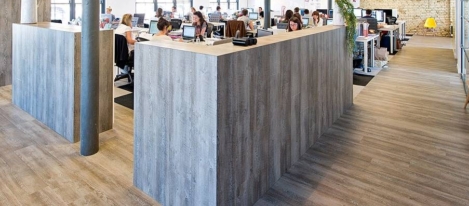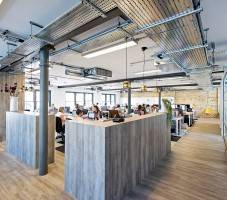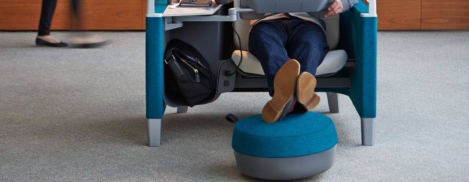July 13, 2015
Free Wi-Fi for agile workers is not quite as free as you’d like to think
 One of the underlying drivers of agile working is supposedly the availability of ubiquitous free Wi-Fi. Yet according to new research, free Internet access may cost quite a bit more than firms might think. The study from Rethink Technology Research, Enterprise Apps Tech and iPass claims that North American and European business travellers spent at least £855 million in connectivity charges while on the road last year. The report, based on data from around 78 million business trips, includes the costs of 3G and 4G roaming data and paid Wi-FI connections that would have been cheaper of paid for in advance. The report is particularly critical of the practice of offering business users free Wi-FI with deliberately slow connection speeds to encourage them to pay for faster connections. It also highlights the well publicised problems of data security.
One of the underlying drivers of agile working is supposedly the availability of ubiquitous free Wi-Fi. Yet according to new research, free Internet access may cost quite a bit more than firms might think. The study from Rethink Technology Research, Enterprise Apps Tech and iPass claims that North American and European business travellers spent at least £855 million in connectivity charges while on the road last year. The report, based on data from around 78 million business trips, includes the costs of 3G and 4G roaming data and paid Wi-FI connections that would have been cheaper of paid for in advance. The report is particularly critical of the practice of offering business users free Wi-FI with deliberately slow connection speeds to encourage them to pay for faster connections. It also highlights the well publicised problems of data security.




































July 9, 2015
Many employers discourage home working, unless it is out of hours
by Sara Bean • Comment, Flexible working, News, Wellbeing, Workplace
(more…)